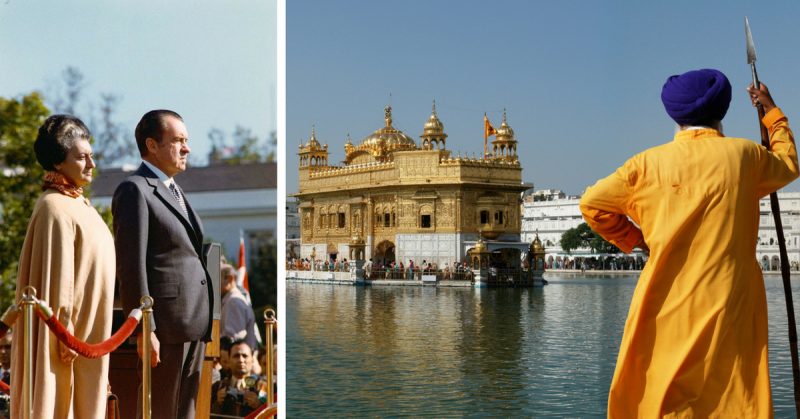In 1984, Indira Gandhi, then the prime minister of India, ordered a military raid on the Sri Darbar Sahib (Golden Temple). She had been forewarned by advisors that taking this action would bring her the hatred of extremist groups and arouse the anger of many Sikhs.
Indeed, that raid would directly lead to her assassination on October 31, 1984, by two of her bodyguards who sought revenge for the raid.
Known as Operation Blue Star, the raid took place from June 1st to 10th of 1984. It was undertaken in order to remove members of the Khalistan Movement, who were accumulating weapons in the temple complex.
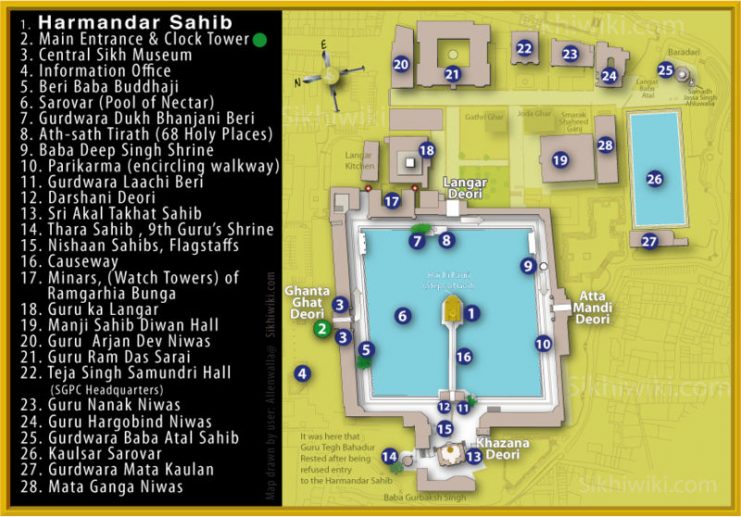
The Khalistan Movement wanted to form an independent Sikh state in what is now the North-Western Republic of India. Started in the 1940s, the movement gained popularity in the 70s and 80s.
Jarnail Singh Bhindranwale rose to prominence in the group, calling for a strict adherence to the values of Sikhism and pushing for the creation of a Sikh state. It was he and his followers who took over the temple. Operation Blue Star’s primary motivation was to remove Bhindranwale and other Sikh militant leaders and to regain control of the temple.
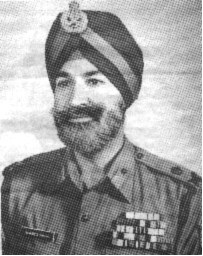
The turning point in the battle for the temple came when the Indian army shelled the Akal Takhat shrine across from the temple on June 6th. After that massive show of force, the army was able to overcome the rest of the militants and take back the temple.
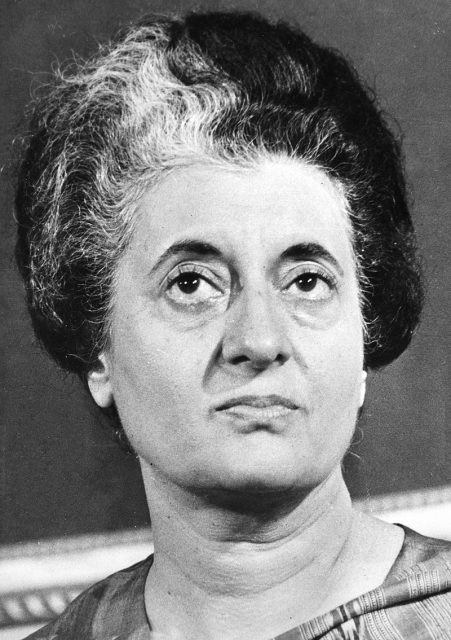
The operation led to the eventual assassination of Gandhi by her Sikh bodyguards and the Anit-Sikh riots all over India. More than 3000 Sikhs were killed in the riots.
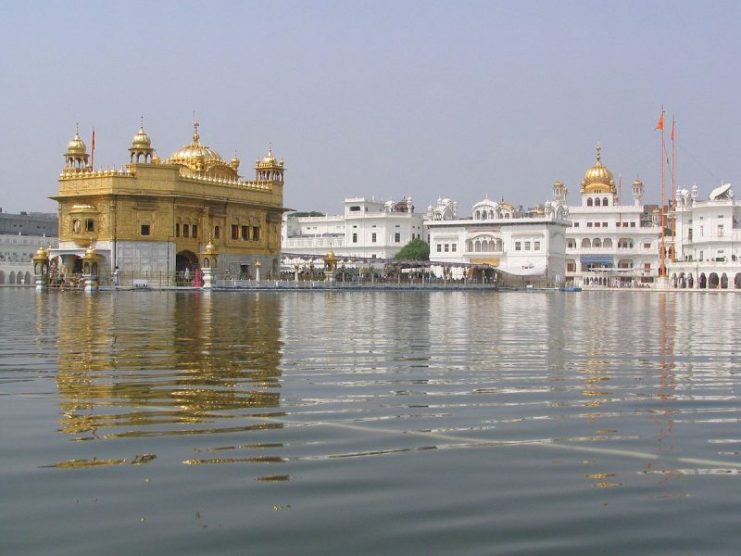
It has long been argued by the Indian government and by supporters of Indira Gandhi that the raid was necessary after all diplomatic attempts had failed. In 2014, papers were accidentally made public by the British government.
These papers indicated that Prime Minister Margaret Thatcher, in 1984, sent an officer from the Special Air Service to advise Gandhi on how to remove Bhindranwale and his supporters from the temple. According to the papers, the British government was fully aware and involved in the operation.
In June of 2018, a British judge has ordered that the majority of the files related to Operation Blue Star be made public no later than July 12th. The government was given until July 11th to appeal.
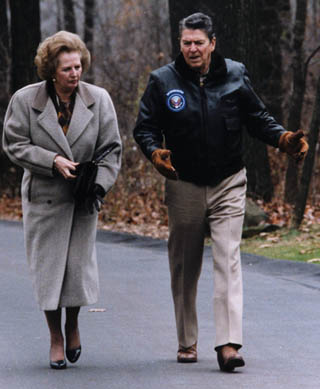
While pro-government forces in Britain are concerned about how the release of the documents will affect the country’s relationship with India, the judge was unmoved. In her ruling, she determined that sufficient time has passed which will soften the emotional blow that revealing the documents will have.
Historians are looking forward to getting a look at the documents. The events of June 1984 took place under a press embargo. All journalists were placed on a bus, driven to a remote location and not allowed back until the operation was completed. In addition, Britain used to control India as one of their colonies.
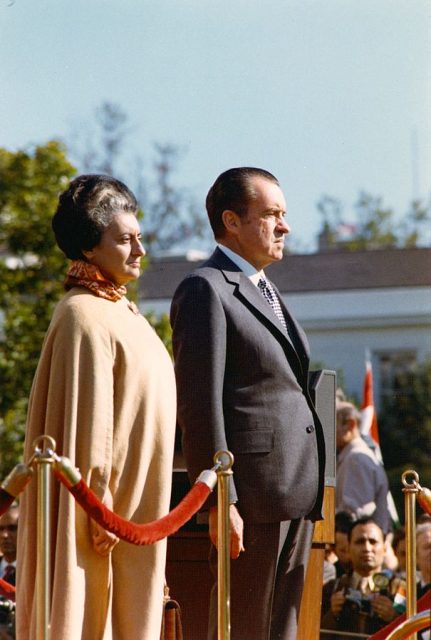
In 1923, they pressured India to pass a state secrets act which has kept India’s records of the operation out of the public eye. This has meant that there have been few firsthand accounts of the actions that took place during the operation and has made the UK’s official records that much more valuable to historians.
